Komorebi
I am a self-confessed logophile – a lover of words and language. The sound, spelling and rhythm of a beautiful word, be it in my own language or otherwise, is a morsel of auditory pleasure: a delicate weaving of lines, loops and dots, a tiny gift for the senses. Komorebi. Serendipity. Sobremesa. Ardha Chandra Chapasana.
Words have the power to educate, motivate, nurture and guide. They take us to new worlds, can invoke confidence in the meekest of people and often stir up our emotions. New parents wait with bated breath for Baby’s first words, while we all too often cling to the parting ones of those we have lost. Perhaps we are all secret logophiles…

Sobremesa
And yet there is an abuse of words and language everywhere we look. Even in the yoga studio:
“If the pose is too difficult, just rest in Child’s Pose or take Savasana.”
As a student, this is the cue I dread to hear. As a teacher, it is a stringing of words I avoid at all costs. The weight of the language we choose to use can have a profound impact on our students, not only during the practice, but long after mats have been rolled away. (Also, let’s ignore the irony of advising people to take the most challenging asana of all, as an easier alternative.)
Of course, nobody is perfect. I have no doubt, that in the little time I have been teaching yoga, I have used words and cues that I might not like to hear during my own practice. However, a simple practice in mindfulness on my giving of instructions has already had a profound impact on my teaching style. Setting intentions and making a conscious effort to speak with compassion, kindness and empathy is an enormous challenge, but one worth taking on.
Replacing ‘too hard’, ‘less’, ‘just’ and ‘can’t’, with the likes of ‘accessible’, ‘listen’, ‘feel’ and ‘respond’, could make such a difference to our teaching and our students’ experiences. Talking about ‘options’ and ‘progressions’ instead of ‘easy’ and ‘difficult’, might mean a student walks away feeling motivated, instead of defeated. Offering props when they are available, or an alternative pose that actually works on similar benefits, means the student is included and not shunned to the side. Jason Crandell addresses this with understanding and humour in episode 50 of the Yogaland podcast.
How can we use our words as tools to provide a safe space in which to practice? How can we be selective of our language to make our classes inclusive and encouraging to all? Obviously this does not just apply to what happens during practice, but life in general. Choose words that empower, uplift and inspire you and those around you.
“Don’t ever diminish the power of words. Words move hearts and hearts move limbs.” – Hamza Yusuf

